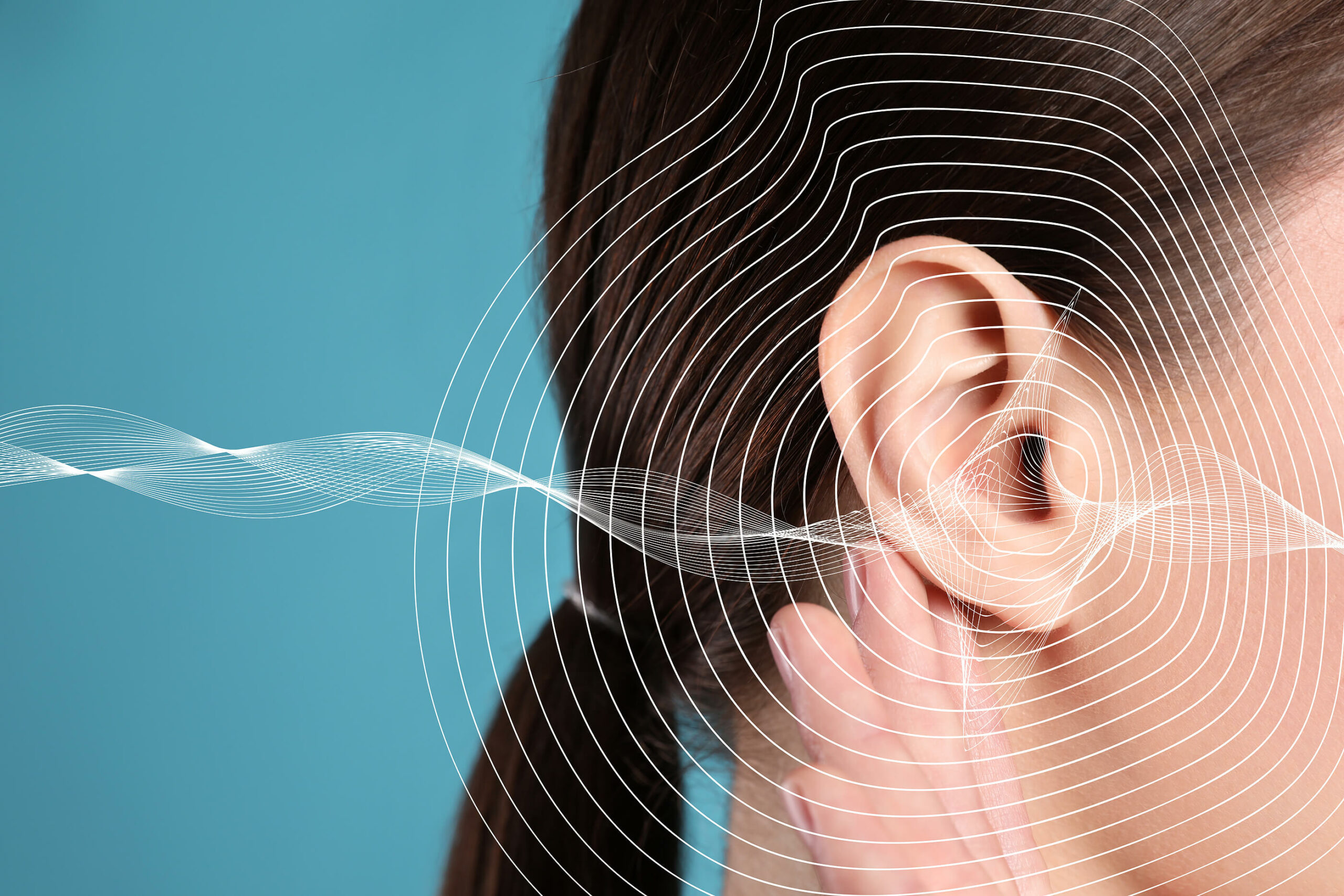What Does Ringing in the Ears Mean?

Experiencing persistent ringing, buzzing, or other noises in the ear can be unsettling and sometimes alarming. This sensation, commonly known as tinnitus, affects millions of people worldwide, impacting their daily lives and overall well-being. In this blog post, we’ll explore what ringing in the ear means, its potential causes, and how individuals can manage this condition.
Understanding Tinnitus
Tinnitus refers to the perception of sound in the ears or head when no external sound source is present. The sound can vary in pitch, intensity, and duration, and may be described as ringing, buzzing, humming, or hissing. While tinnitus is often referred to as “ringing in the ears,” it can manifest in different forms for different individuals.
Causes of Tinnitus
Tinnitus can be caused by various factors, both physical and psychological. Common physical causes include exposure to loud noises, ear infections, earwax buildup, age-related hearing loss, and certain medical conditions such as Meniere’s disease or temporomandibular joint (TMJ) disorders. Psychological factors such as stress, anxiety, and depression can also contribute to the development or exacerbation of tinnitus.
Managing Tinnitus
While there is currently no cure for tinnitus, there are several strategies and treatments available to help individuals manage their symptoms and improve their quality of life. These may include:
Sound Therapy: Sound therapy involves using external sounds to mask or distract from the perception of tinnitus. This can include white noise machines, nature sounds, or specially designed tinnitus masking devices.
Counseling and Therapy: Counseling and therapy can help individuals better cope with the emotional and psychological effects of tinnitus. Cognitive-behavioral therapy (CBT) and mindfulness techniques may be particularly beneficial in helping individuals manage stress and anxiety related to their tinnitus.
Lifestyle Changes: Making certain lifestyle changes can help reduce the severity of tinnitus symptoms. This may include avoiding exposure to loud noises, managing stress levels, getting regular exercise, and maintaining a healthy diet.
Hearing Aids: For individuals with hearing loss accompanying their tinnitus, hearing aids can help by amplifying external sounds and providing relief from the perception of tinnitus.
Medications: In some cases, medications may be prescribed to help manage tinnitus symptoms. These may include antidepressants, antianxiety medications, or medications specifically targeted at reducing the perception of tinnitus.
Seeking Professional Help
If you are experiencing persistent ringing in the ears or other symptoms of tinnitus, it’s essential to seek evaluation and guidance from a healthcare professional. While tinnitus itself is not typically a sign of a serious underlying condition, it can sometimes be a symptom of an underlying medical issue that requires treatment.
Ringing in the ear, or tinnitus is a common condition that affects many individuals worldwide. While it can be distressing, there are numerous strategies and treatments available to help manage tinnitus symptoms and improve quality of life. By understanding the causes of tinnitus and seeking appropriate care and support, individuals can take proactive steps toward managing their condition and finding relief from the perception of sound in their ears.
